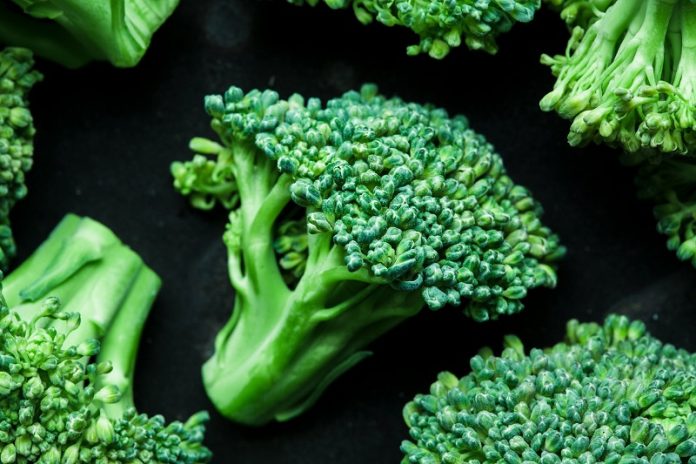
A new study has found that cruciferous vegetables like broccoli, kale, and cabbage can help lower blood pressure, offering significant heart health benefits for middle-aged and older adults.
Researchers from Edith Cowan University (ECU) in Australia discovered that eating four servings of these vegetables a day reduced blood pressure more effectively than other vegetables, such as carrots, potatoes, and pumpkins.
The study, published in BMC Medicine, focused on people with elevated blood pressure.
Participants who ate cruciferous vegetables, including broccoli and kale, for two weeks saw a noticeable drop in their blood pressure compared to those who ate root and squash vegetables.
The key ingredient in cruciferous vegetables responsible for this effect is a compound called glucosinolates, which have been shown to reduce blood pressure in animals.
Now, this study confirms similar results in humans.
“Glucosinolates, along with other beneficial nutrients like nitrate and vitamin K, found in cruciferous vegetables, play an important role in lowering blood pressure,” explained Ms. Emma Connolly, an ECU Ph.D. student involved in the research.
High blood pressure, or hypertension, is the leading risk factor for heart disease, which becomes more common with age.
Ms. Connolly emphasized the importance of increasing vegetable intake to reduce heart disease risk. Previous studies have already shown that cruciferous vegetables are linked to a lower risk of heart disease, and this new research strengthens that evidence.
Dr. Lauren Blekkenhorst, another researcher involved in the study, pointed out that less than one in 15 Australian adults eat the recommended amount of vegetables each day. Cruciferous vegetables are among the least consumed, meaning many people are missing out on their unique benefits.
“If people can increase their intake of this group of vegetables, they will get more ‘bang for their buck’ when it comes to lowering blood pressure and reducing the risk of heart disease,” she said.
The study took place over six weeks. Participants alternated between eating four servings of cruciferous vegetables and root and squash vegetables, each for two weeks, with a two-week break in between.
Their blood pressure was measured for 24 hours before and after each period. The results showed a 2.5 mmHg greater reduction in blood pressure when eating cruciferous vegetables, compared to root and squash vegetables.
This drop in blood pressure could lower the risk of heart attacks or strokes by about 5%.
The Heart Foundation, which supports heart-healthy eating, welcomed the results. Kym Lang, Manager for Heart Health, said, “We encourage people to eat a variety of vegetables every day as part of a heart-healthy diet.
Adding cruciferous vegetables like broccoli and kale can make a big difference.”
With these findings, it’s clear that incorporating more cruciferous vegetables into your daily meals can lead to better heart health and lower blood pressure.
If you care about blood pressure, please read studies about unhealthy habits that could increase high blood pressure risk, and eating eggs in a healthy diet may reduce risks of diabetes, high blood pressure.
For more information about blood pressure, please see recent studies that early time-restricted eating could help improve blood pressure, and results showing 12 foods that lower blood pressure.
Source: Edith Cowan University.



